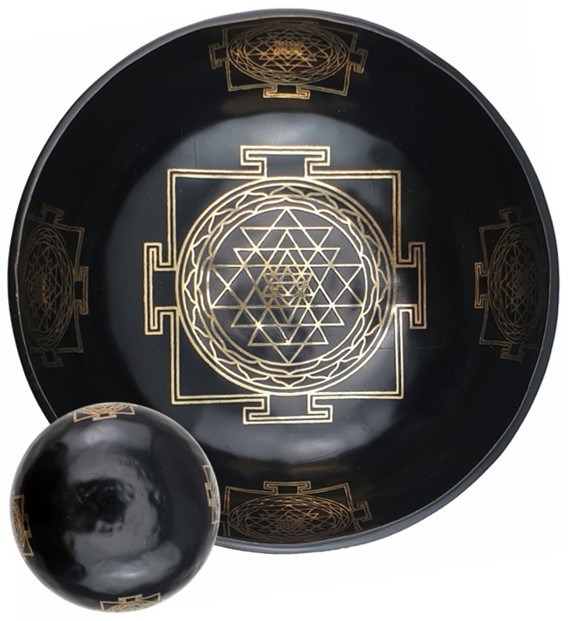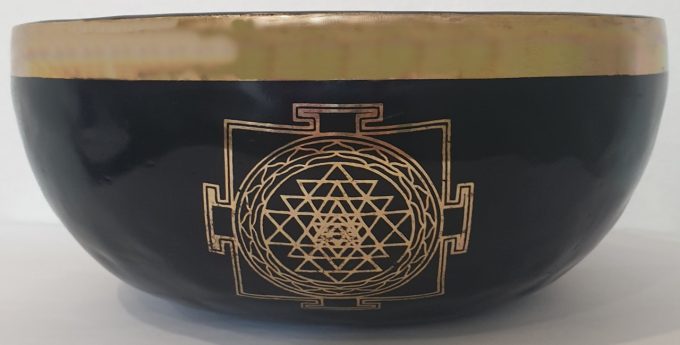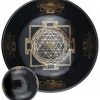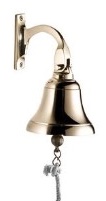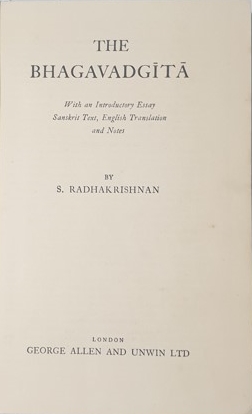Product Description
Singing Bowl – Yatra – Black & Gold Hand Beaten
Handbeaten Singing bowl in black with gold yatras.
This beautiful Singing Bowl is a great gift idea and includes:
- a Large wooden stick, 19cm long.
Size: 20cm diameter, 8.5cm tall
Singing bowls (also known as Tibetan Singing Bowls, rin gongs, medicine bowls, Tibetan bowls or suzu gongs in Japan) are a type of bell, specifically classified as a standing bell. Rather than hanging inverted or attached to a handle, standing bells sit with the bottom surface resting. Singing bowls are unique because they are multiphonic instruments, producing multiple harmonic overtones at the same time.
The sides and rim of singing bowls vibrate to produce sound. Singing bowls are played by the friction of rubbing a wooden, plastic, or leather wrapped mallet around the rim of the bowl to produce overtones and a continuous ‘singing’ sound. Audio Sample. High quality singing bowls produce a complex chord of harmonic overtones. Singing bowls may also be played by striking with a soft mallet to produce a warm bell tone.
Singing bowls were historically made throughout Asia. Today they are made in Nepal, India, Japan, China and Korea. The best known types are from the Himalayan region and are sometimes referred to as Himalayan Singing Bowls. Hand made singing bowls are being produced in the centuries old tradition. The metal and construction technique is exactly the same as the antiques, only the workmanship is not as good. Also the tone improves as they age, so new bowls never sound as warm and mellow as a real antique. (Feinstein, 2008)
Singing bowls were traditionally used throughout Asia and the tradition of making sound with bronze bowls goes back 3,000 years to the bronze age. Today they are employed worldwide both within and without spiritual traditions, for meditation, music, relaxation, personal well-being and religious practice. Singing bowls are used in health care by psychotherapists, massage therapists, recovery, stress and meditation specialists. They are popular in classrooms to help facilitate group activities and focus students’ attention.
In Buddhist practice, singing bowls are used as a signal to begin and end meditation. Some practitioners, for example, Chinese Buddhists use the singing bowl to accompany the wooden fish during chanting, striking it when a particular phrase in a sutra, mantra or hymn is sung. In Japan and Vietnam, singing bowls are similarly used during chanting and may also mark the passage of time or signal a change in activity. In Japan, singing bowls may be used in traditional funeral rites and ancestor worship.
Source: Wikipedia, Singing Bowls, en.wikipedia.org/wiki/Singing_bowl

